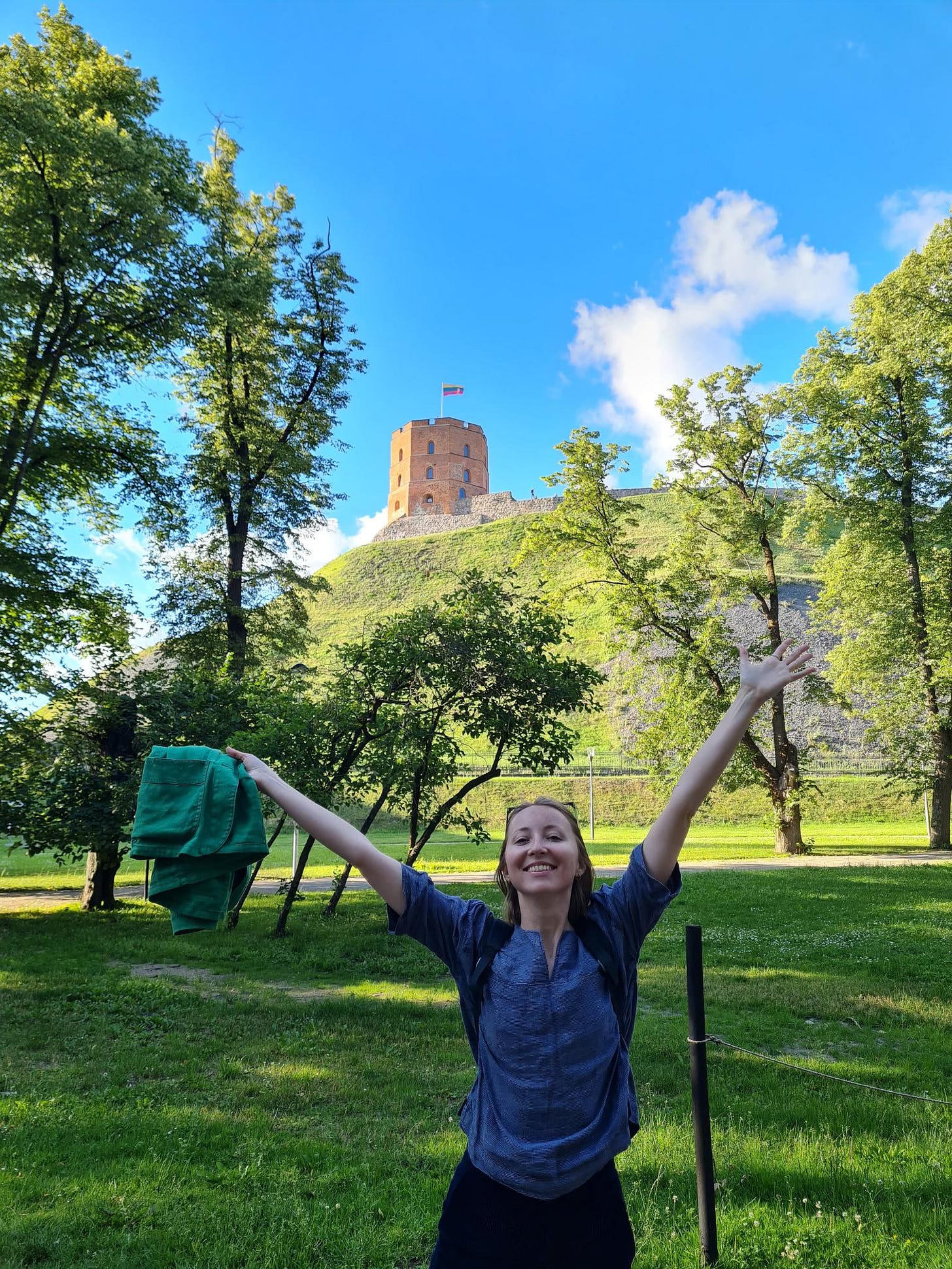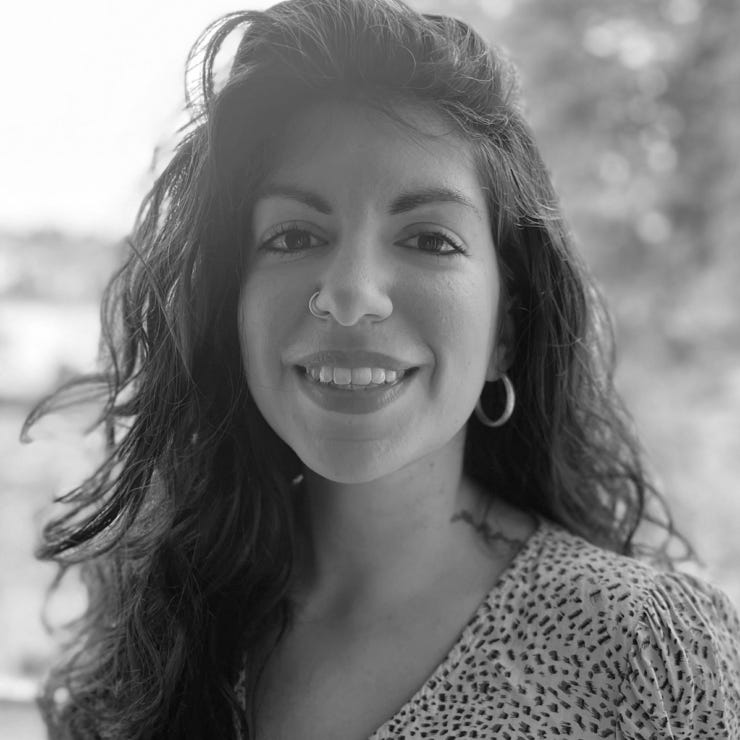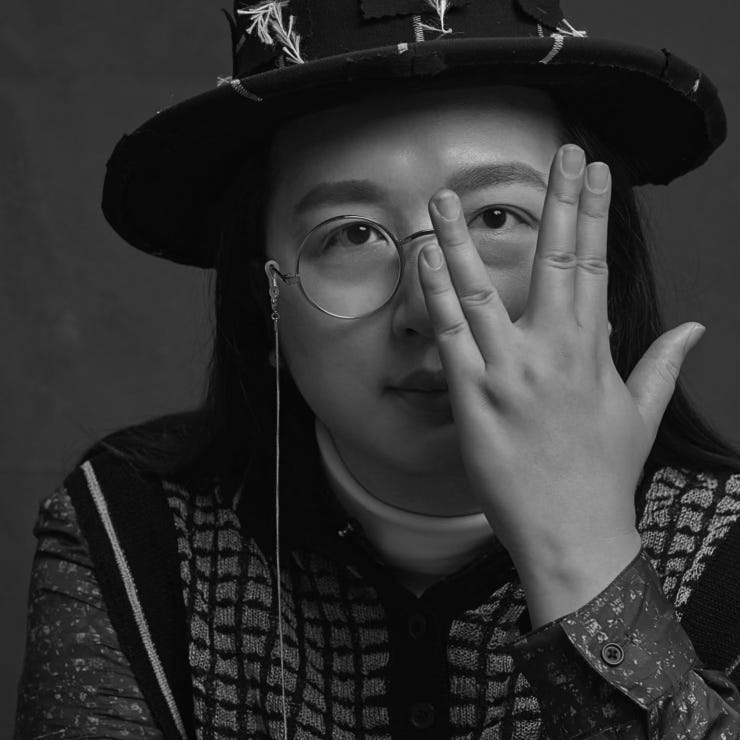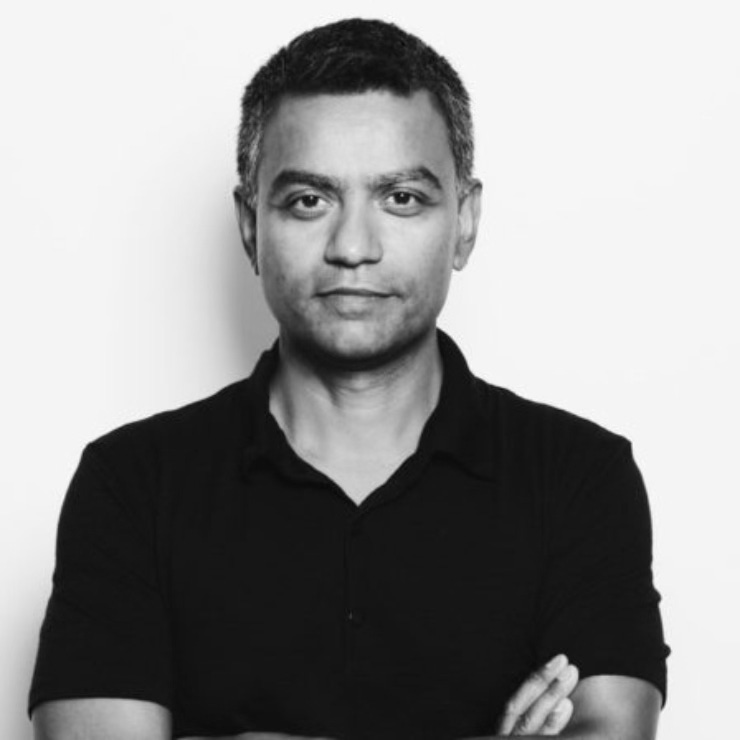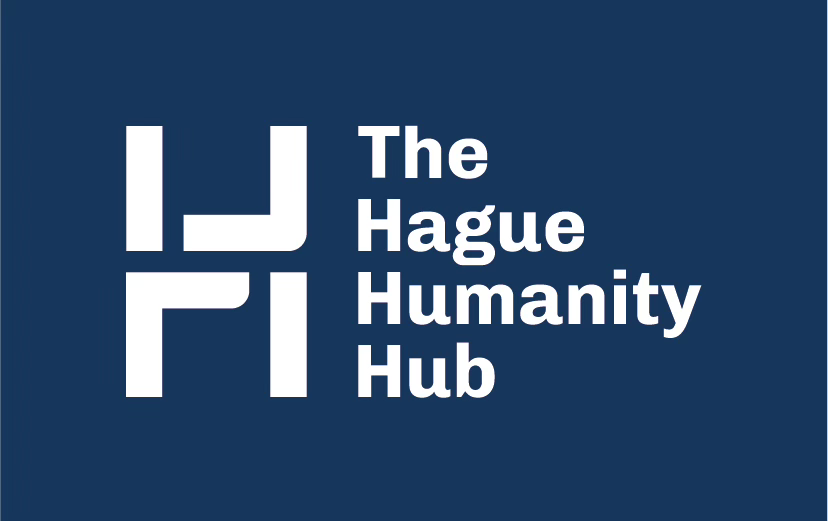🔄 Comings and goings at DemocracyNext!
Ieva Česnulaitytė is moving to an advisory role, Audrey Tang and Deb Roy are joining our Advisory Council, plus an update on our organisational status
I’m writing to share that this week will be my last as the Founding Head of Research and Learning at DemocracyNext, because I’ve decided that after five years in this field, I want to pursue new areas of research — more on that below.
What a wonderful adventure it has been to bring this organisation to life with my brilliant colleagues, advisors, board members and the broader community! I’m proud of the exciting work DemocracyNext is doing and grateful for the opportunity I had to contribute to it - from leading the development of our Assembly Guide, based on previous research at OECD, to research on Deliberation as an Antidote to Authoritarianism (keep an eye out for my forthcoming paper with Vienna’s Institut für die Wissenschaften vom Menschen in September).
I will continue advising DemocracyNext as a Senior Advisor on specific projects, including, enthusiastically, Lithuania’s first Citizens’ Assembly in my hometown of Vilnius.
What’s next for me? I plan to spend some time in wild Lithuanian forests, and then I intend to explore emerging research interests at the intersection of deliberative democracy, democratic theory, collective emotions, and collective trauma.
During my years as an advocate, researcher, and designer of Citizens’ Assemblies, I’ve had countless conversations with policy makers, academics, activists, and citizens across different parts of the world about assemblies - what they are, how they work, their benefits, and their limitations. These are not always easy conversations, because they often require a significant shift in the mindset of the interlocutor, one that requires time to settle.
It takes time because there are deeper ideas implicit in the call for assemblies. I am also saying:
It is fine for public authorities not to know what is best for all, to ask for help from citizens, and doing so does not take away from their value.
It is possible to come to an agreement without disadvantaging, alienating, or leaving some groups behind.
We are all capable, worthy, and can be trusted with the responsibility of taking decisions that affect other people’s lives - regardless of our background, formal education, age, gender or other factors. We can trust ourselves and each other.
I am valuable just because I exist, and my experience is a piece of the puzzle to our shared societal challenges. I have agency. I belong.
This philosophic and intellectual approach, which underpins assemblies, has had a healing effect on me. It is a welcome rupture in the world that often tells us we are not worthy the way we are — that we need to be constantly productive to be valuable, that if we’re not successful in a conventional sense, we can only blame ourselves, that we need to argue, compete, constantly fight to have a seat at the decision making table. That we cannot trust each other. That less than perfect is not acceptable.
To me, making assemblies an important part of how we do democracy is an invitation to shift our values away from a meritocratic, elitist, highly competitive, winner-takes-all spirit that is so clearly detrimental not just to our democratic systems, but to our psyches and well-being. They can help shift how we perceive ourselves, talk to ourselves, and how we perceive others.
By embodying and modelling a set of values that are caring, constructive, and inclusive, assemblies can set an example for other relationships in our lives, from organisations to families, and ultimately help us recognise our own intrinsic worth, power, and place in the world we inhabit.
I am interested in exploring the different ways deliberative spaces can become spaces for healing. If these are themes you are interested in, I would love to hear from you at ieva@cesnulaityte.com. Onward!
—Ieva Česnulaitytė
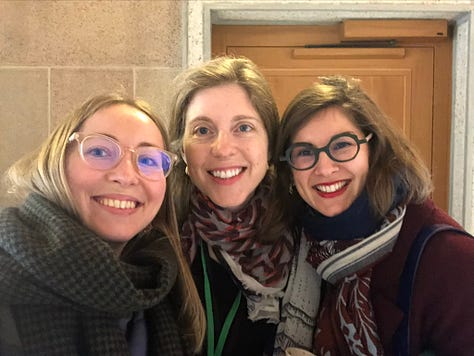
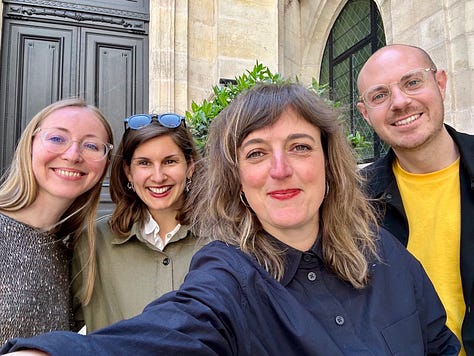

I’ve been incredibly lucky that my path and Ieva’s crossed five years ago at the OECD, and we’ve continued to work closely ever since. Her poetic and beautiful text above speaks to the characteristics that have made her such a special and inspiring collaborator. I deeply admire her sensitivity and care, thoughtfulness and brilliance.
Ieva’ spirit as part of the founding team involved in shaping DemNext from the early days will continue to live on. I’m so proud of her for everything she has done these past two years - leading the development of our flagship Assembly Guide and forthcoming Assembly Learning Programme, her inputs on our groundbreaking work with museums, and her new intellectual contribution to the field about deliberation’s potential to be an antidote to authoritarianism. Her thoughtful inputs into the rest of our work and her analytic sharpness will be greatly missed, though we are looking forward to seeing the first Lithuanian Citizens’ Assembly come to life in Vilnius with her support next year.
I’m incredibly excited to see where she will bring her energy and intellect next. Wishing you the best of luck on the next stage of your journey, Ieva! ❤️
— Claudia Chwalisz, Founder/CEO of DemocracyNext
Please welcome our new Associates and Research Fellow:
Josh Burgess is a social entrepreneur, impact investor, board director, and organizational leadership mentor to startups, governments, and non profits around the globe. As an Associate and Oregon Program Lead for DemocracyNext, he is the co-founder of DemocracyNext's Central Oregon Civic Action Project, a public private partnership helping shape vibrant communities through deliberative democracy. He is also founder of Edge Effect Solutions, a consultancy providing strategic advisory services to C-suite executives in emerging tech, national security, and climate action. Josh retired as a Colonel from the U.S. Air Force after a career as a special operations advisor, commander, and international affairs strategist. Read Burgess’ full bio here.
Augaly S. Kiedi is joining DemNext as an Associate and Development Consultant. A seasoned fundraiser with over 8 years of experience building strategic partnerships and mobilising resources to catalyse social impact initiatives. At DemocracyNext, Augaly is combining her expertise and fervent belief in democratic engagement to ensure the organisation garners the necessary support to propel an ever-vital mission. Alongside her work with DemocracyNext, Augaly spearheads efforts at various organisations to identify and capitalise on philanthropic and investment prospects. Read Kiedi’s full bio here.
Melina Niraki is DemNext’s new Cities Research Fellow. Niraki is a Social Psychologist who specialises in social psychological research, psychosocial interventions as well as human rights and conflict management. She is currently a Doctoral Candidate at Panteion University of Social and Political Sciences in Athens, where she is part of the IP-PAD MSCA – ITN network, which focuses on Interdisciplinary Perspectives on the Politics of Adolescence & Democracy. At DemocracyNext, Melina collaborates closely with James MacDonald-Nelson, who leads initiatives in urban design and planning, while being involved in other projects, leveraging her expertise to contribute to the organization's mission of fostering democratic and inclusive communities. Read Niraki’s full bio here.
Announcing new additions to our International Advisory Council!
Named to “TIME100 Most Influential People in AI”, Audrey Tang served as Taiwan’s 1st digital minister (2016-2024) and the world’s 1st nonbinary cabinet minister. Tang played a crucial role in shaping g0v (gov-zero), one of the most prominent civic tech movements worldwide, and has helped develop participatory democracy platforms such as vTaiwan and Join, bringing civic innovation into the public sector through initiatives like the Presidential Hackathon and Ideathon. Her other accomplishments include shaping Taiwan’s internationally acclaimed COVID-19 response, as well as safeguarding its 2024 presidential and legislative elections from foreign cyber interference. Read Tang’s full bio here. Tang will be a close collaborator on DemNext’s Citzien-Led AI Governance and Tech-Enhanced Deliberative Assemblies projects.
Deb Roy is Professor of Media Arts and Sciences at MIT where he directs the MIT Center for Constructive Communication. He leads research in applied machine learning and human-machine system design. Deb is also co-founder and CEO of Cortico, a nonprofit social technology organization that develops and operates a conversation platform designed to surface underheard voices and enable deep systematic listening. Previously, Roy was a Visiting Professor at Harvard Law School, served as Executive Director of the MIT Media Lab, was Chief Media Scientist at Twitter, and and co-founded Bluefin Labs, which was acquired by Twitter in 2013. Read Roy’s full bio here. Roy is an ongoing collaborator, along with his MIT colleague Dimitra Dimitrakopoulou, with DemNext on Tech-Enhanced Deliberative Assemblies.
We would also like to thank Art O’Leary for his indispensable insights, gained from Ireland’s pioneering work in using Citizens’ Assemblies to strengthen its democracy at scale, during his service on our Advisory Board, which has now concluded. O’Leary recently transitioned into a new government role, as Chief Executive of An Coimisiún Toghcháin, Ireland’s Electoral Commission.
Finally, we’d like to update you on some changes to our organisational status.
Since launching DemocracyNext, we had always intended to one day become an independent organisation. While we began fiscally sponsored by Open Collective Europe, as of December 2023 we are now officially incorporated as a Dutch non-profit organisation, with our headquarters registered at the Hague Humanity Hub, where we are one of around 150 organisational members, all working on democracy, peace, and justice.
A key part of this change is that we now have a board of non-executive directors who perform oversight over our executive directors CEO Claudia Chwalisz and COO Lucy Reid: they are Robbie Stamp (Chair), Panthea Lee, and Matt Abrams — all members of our original International Advisory Council. We’re very grateful to Robbie, Panthea, and Matt for the energy and commitment they’ve given to DemNext as we continue to grow and develop!
As always, thanks for reading DemocracyNext’s newsletter. Subscribe and spread the word if you find our work valuable. 🫶





